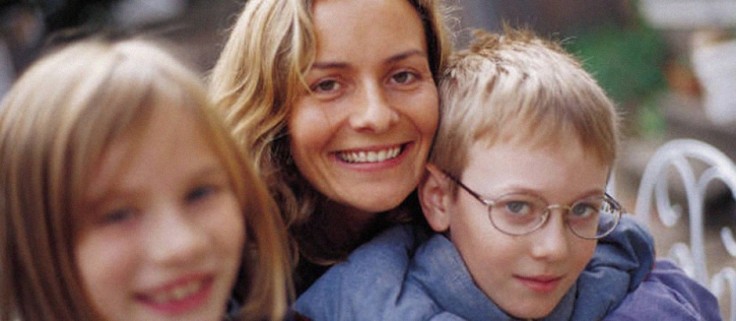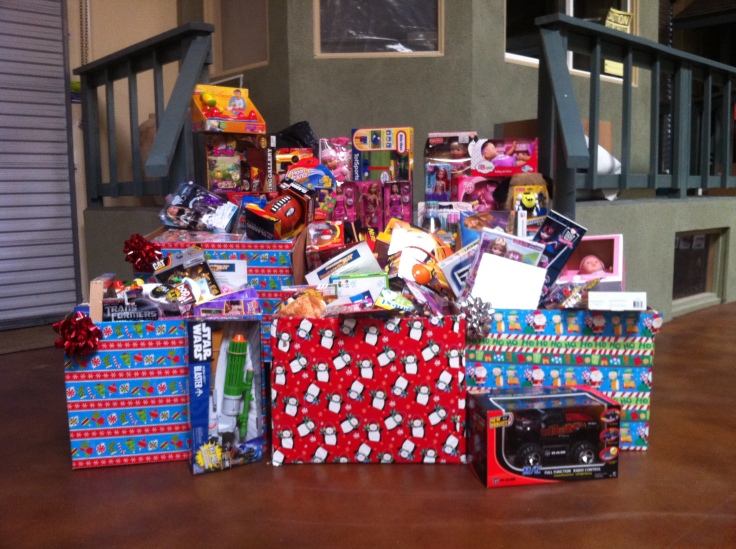
“Religion that is pure and undefiled before God, the Father, is this: to care for orphans and widows in their distress, and to keep oneself unstained by the world.” – James 1:27
A desire to care for those in need, especially those who appear particularly vulnerable, is a natural expression of our Christian faith. Beyond just being the “nice” thing to do, we are taught that it is the “right” thing to do.
Sometimes, however, compassionate actions and good intentions can hurt (the giver and the receiver) more than they help.
We’re likely all aware of stories of people who were “taken” by a con artist who played on heartstrings to secure money and material items from a compassionate individual or congregation. But there are also stories of individuals who truly appear to want to get out of the bad place they are in – but the assistance they are receiving kills their motivation to do the work necessary to improve their situation.

Robert Lupton, in his book Toxic Charity, tells the story of Ann, who befriended a homeless woman named Janice at a soup kitchen. Janice appeared to have a lot going for her; but her hard-luck story – a combination of injury, job loss, bad timing, parental responsibilities, eviction and limited options – was painful for Ann to hear. Ann could see that Janice needed stability – primarily housing and food – to give her and her young children time to get back on their feet. She enlisted the help of friends to secure an apartment, furnish it, and stock the pantry.
Over the next few weeks, Janice and Ann had long heart-to-heart talks. Ann encouraged Janice to find a job. Both women acknowledged that finding the right job could take some time; but Ann noticed that Janice seemed reluctant to accept assistance in her job hunt. Ann paid for another month’s rent, bought the kids some new clothes, and re-stocked the pantry.
At Christmastime, Ann’s friends were eager to purchase gifts for the children. However, Ann and Janice’s friendship was beginning to sour. Their relationship was several months old, Ann and her friends were continuing to support Janice, and Janice showed no signs of becoming independent.

Things got worse. When Ann’s friends brought gifts to the house on Christmas Eve, they were surprised and dismayed to see that other benefactors had already arrived; a sizable pile of expensive Christmas toys was already in place under the tree.
That was the last month that Ann covered the rent.
“Relationships built on need are seldom healthy,” Lupton observes. There is usually an expectation on the part of the giver that the receiver will use what they are given to better themselves. If this does not happen, the giver feels used.
Lupton concludes, “Janice found it easier to remain in her victim role than to make the hard climb to self-sufficiency. She sold her story to tender-hearted mothers rather than sell her [skills] to a business-minded employer.”
Where is the line between helping and enabling? How do we extricate ourselves from dependent (or co-dependent) relationships? How do we as people of faith honor God’s command to love one another, when the most loving thing to do may be to withhold help so the person in need will act for themselves?
Clearly, there are no easy answers. No two individuals’ stories are the same; no two outcomes are identical. We can’t always see what is coming. But we can look for some “caution signs” along the way:
- If the victim is always bringing the problem, and the rescuer is always bringing the solution, the relationship is unhealthy.
- If the victim is unwilling to contribute to the solution, and the rescuer continues to compensate by doing all of the work, the relationship is unhealthy.
- If the victim’s story doesn’t quite add up, but the rescuer overlooks inconsistencies anyway, the relationship is unhealthy.
We want to help; we want to do good. But it is neither bad nor wrong to refuse to do for someone else what they refuse to do for themselves.
Prayer Focus: Pray for the women and children, victims of domestic abuse, who are staying this day at one of two SafeHaven shelters in Tarrant County.


I love reading these stories every day Mary. Thank you for your work and for being such a blessing to so many.
LikeLike